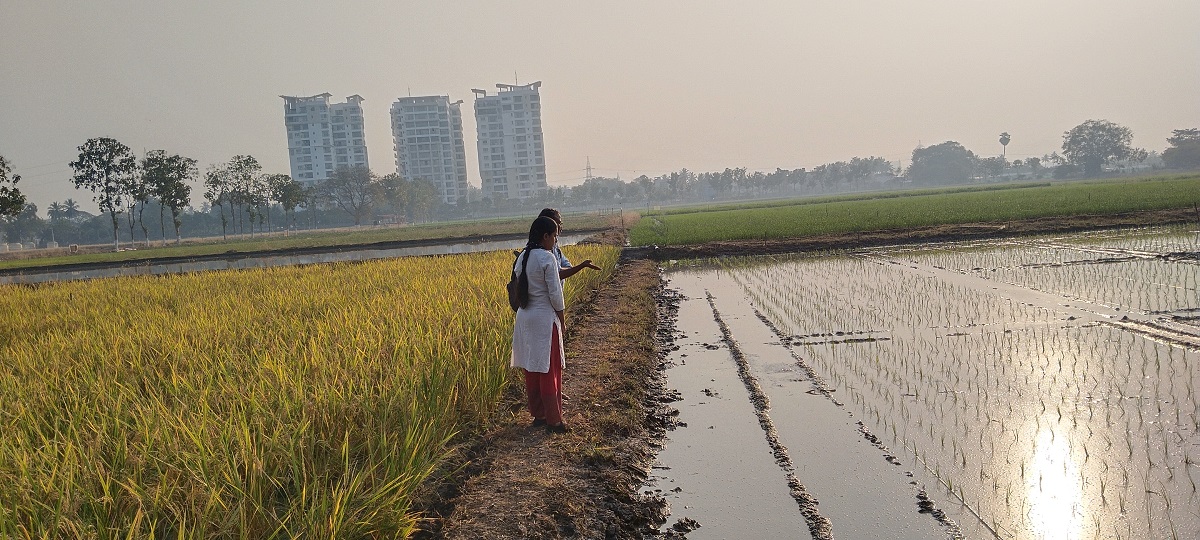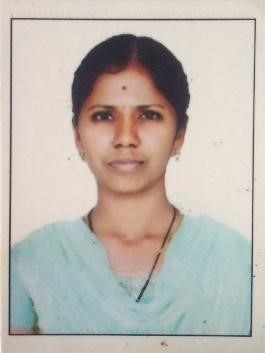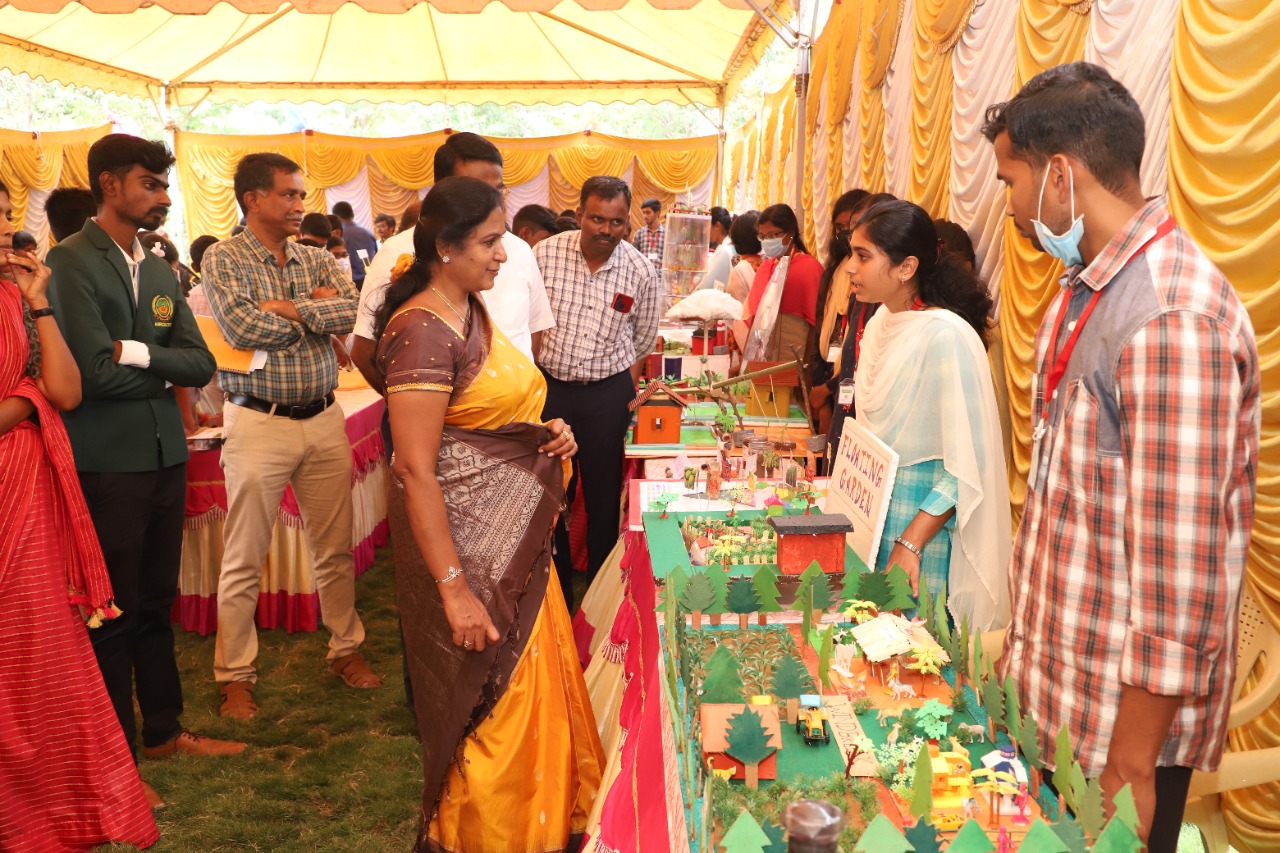The Tamil Nadu Agricultural University (TNAU) had its genesis from establishment of an Agricultural School at Saidapet, Madras, Tamil Nadu, as early as 1868 and it was later relocated at Coimbatore.
Get in touch
- info@tnau.ac.in
- 0422 6611200
- Monday to Friday: 9am to 5pm

Ph.D. in Agronomy
Prelude
Concepts, principles and practices of advanced Agronomic crop management including land management through modern and conservation tillage practices, good crop establishment techniques, precise and economic weed control, crop demand based manure and nutrient application, accurate and climate based irrigation water management, resources based farmer’s centric cropping and farming system are very important for enhancing the crop productivity and thereby augmenting the income and livelihood of the farming community as well as sustaining the food supply for the burgeoning world population under changing climatic scenario. Intensive competition for utilization of natural and synthetic resources from other sectors and industries warranted advanced and scientifically proven location specific, season and crop specific modern agronomic crop management practices and resource conservation techniques for increasing the global food grain production.
Why this programme?
- To understand soil, nutrient, water and environmental interaction and its management.
- Comprehensive learning and practicing of modern crop production concepts and techniques.
- Methodical understanding of crop growth and productivity for maximising the crop productivity under resources limited and stress ecosystem.
- Acquiring knowledge on allied sciences of agricultural climatology, soil conservation, watershed management and crop modelling for developing input responsive and productive crop management practices.
Study Programme
The Doctoral degree programme in Agronomy has been designed following the ICAR guidelines. The course imparts:
- Students future prospects oriented teaching and interactive learning environment for thorough understanding of subjects
- Fostering vision based subject knowledge and promoting students innovation and talents in the field of current agronomy
- Promoting research on frontier areas with current aspects and trends for developing sustainable crop production practices and techniques
- Forming a strategic memorandum of understanding with reputed national and international institutes for developing and executing progressive research on maximising the crop productivity
- Nurturing agri-entrepreneurial and agri-business managerial skills of agronomy students for creating agri start-up cum agri-business incubation activities
- More details on the list of courses offered and research work experience to be gained is listed here.
Application and Admission
Interested in taking part in the programme of Agronomy? Find out more about the specific Admission requirements and the application procedures in the TNAU website. All your doubts will be answered time-time by phone call / mail. The Admission Committee will check your eligibility and admissibility.
Future Career
To replace table content
Doctoral Degree in Agronomy course
Doctoral Degree Courses
After admission the students undergo a set of courses relevant to agronomy and allied discipline that help them understand the current science and trends of Agronomy, field and laboratory experiments as per the Choice Based Credit System (CBCS) with a total credit load of 100 credits, of which 30 credits are exclusively earmarked for their Thesis Research.
Doctoral Degree thesis research
After completing the courses in the first year, the students start their thesis research. Each student is assigned to an experienced faculty, approved by the Dean of School of Post-Graduate Studies, who would guide the student on his/ her choice and interest of research topic.
Research internship
The Doctoral degree students are exposed to several scientific events like symposia, conferences and training. Many are encouraged to have internship training at other institutes for a couple of months, either in India or abroad.
Student Experiences

I’m Pavithran P, currently pursuing doctoral program in the Department of Agronomy, Tamil Nadu Agricultural University, Coimbatore. ICAR BSMA syllabus and regulations is being followed for PG & Ph.D. programme in the University from 2021 Batch onwards. Courses are being opted based on research needs and course importance for the present scenario. Totally, five major courses and two minor courses were opted in the Department. According to their areas of expertise, course teachers were also assigned to handle courses. Exposure visits to various institutes and enterprises such as ICAR Institutes, TNAU Research Stations, Sugar mill, Agroforestry Unit, Watershed were also organized to acquire knowledge on challenges and constraints in crop production, alternate land use system and soil conservation practices. It helped to identify the researchable issues in various thrust areas of Agronomy. It was helpful to gain more knowledge on recent technologies and approaches in the field of Agronomy, through the courses offered by the Department of Agronomy. The Ph.D. course curricula offered by the Department of Agronomy are well designed and will be of more benefit for scholars’ career specifically, for research and teaching profession.
Pavithran. P

I am really happy that my Doctoral programme at the Department of Agronomy lead to my success in obtaining my current position. This was possible due to the sound course curricula and effective subject delivery by the Course Teachers. The courses offered have helped me a lot and provided a starting point for understanding and gaining knowledge, which certainly will prove useful in my current work. The skills obtained from this course will be really invaluable in my career as Assistant Professor. And also we gained in depth knowledge about all the aspects of Agronomy by learning irrigation management, modern concepts of weed management, crop modelling and IFS as well as gained immense knowledge from crop physiology, statistical designing and soil fertility courses which were highly helpful for our Ph.D research programmes.
Mohana Priya
Assistant Professor
Karunya University
Coimbatore

